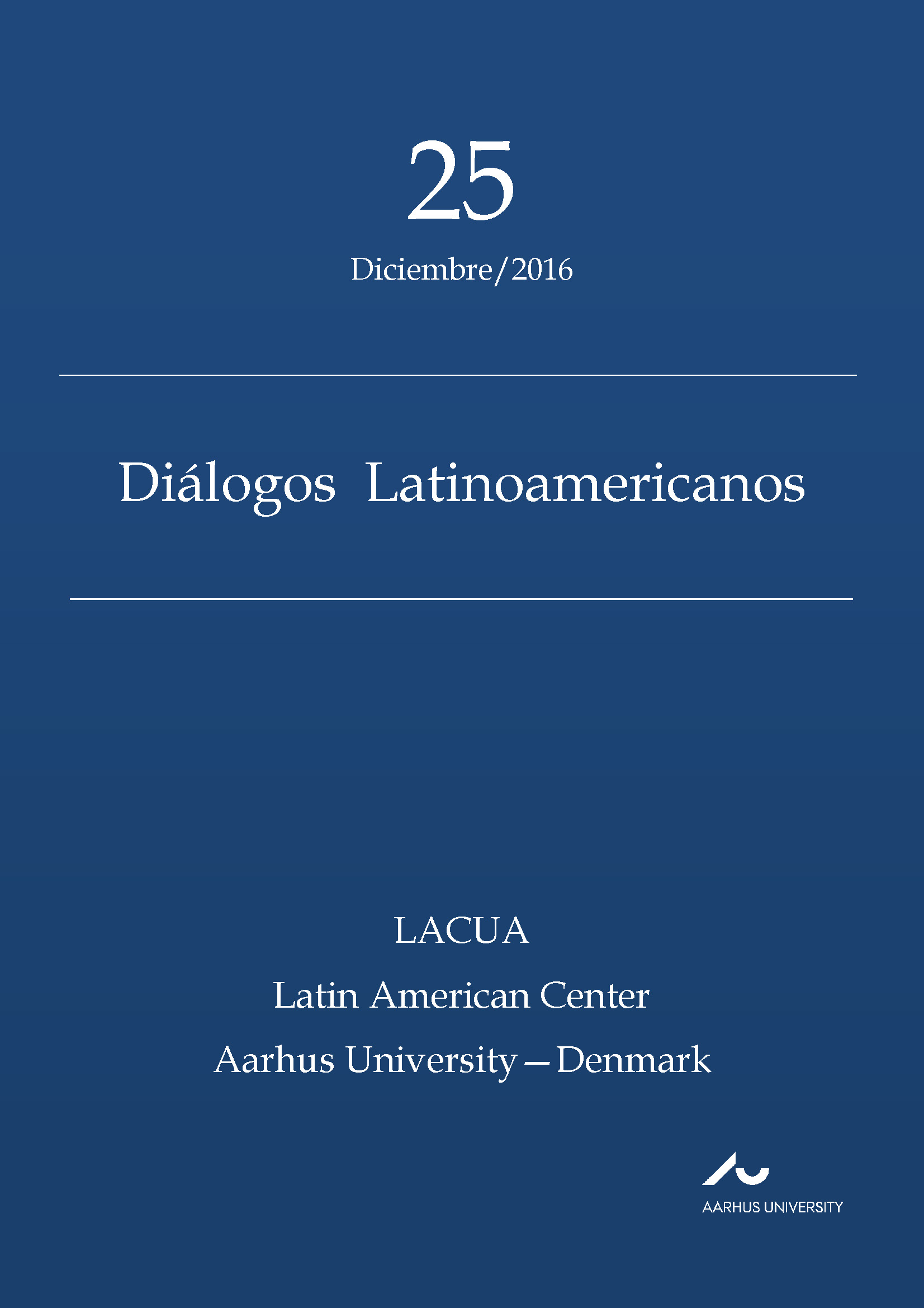Pensamento latino-americano
a noção do “não-ser” e a valorização de ideias e lugares outros
DOI:
https://doi.org/10.7146/dl.v17i25.112903Keywords:
Latin American thought, Pedagogical ideas history, Nonbeing, Philosophy of LiberationAbstract
The long history of Latin America domination and exploration by the
European powers was accompanied by a struggle and resistance strong
process, which contributed to the development of an original Latin
American thought. Taking Zea (1970), Dussel (1982) and Zimmermann
(1987) as main theoretical, especially the philosophy of liberation and the
notion of “nonbeing”, this text discusses the context that made the birth of a
Latin American philosophy posible, whose set of ideas sought to understand
and to question the Latin America reality, especially in its cultural,
economic, political and social dimensions. Thus, questioning the idea of
totality and affirming the Latin American reality specifics, the text identifies
the valuation of this another thought, of this “native” philosophy, which
helps us to think about and act from ourselves.
References
Edições Loyola: São Paulo; Editora UNIMEP: Piracicaba.
Gadotti, M. (1999) História das idéias pedagógicas. 8ed. Ática: São
Paulo.
Ghiggi, G.; Kavaya, M. (2010) ‘Frantz Fanon e a pedagogia da
“colaboração muscular”’, in Streck, D. R. (Org.). Fontes da
pedagogia latino-americana: uma antologia. Autêntica Editora:
Belo Horizonte, 377-391.
Marx, K.; Engels, F. (2007) A ideologia alemã. Boitempo: São
Paulo.
Sánchez Vásquez, A. (1980) Filosofía de la praxis. Fondo de Cultura
Econômica: México.
Zea, L. (1970) América en la historia. Editorial Revista de
Occidente: Madrid.
Zimmermann, R. (1987) América Latina – o não-ser: uma
abordagem filosófica a partir de Enrique Dussel (1962-1976).
Vozes: Petrópolis.
Downloads
Published
How to Cite
Issue
Section
License
Counting from volume 31 (2022), articles published in Diálogos Latinoamericanos are licensed under CC-BY 4.0. Read more about the license terms here https://creativecommons.org/licenses/by/4.0/.
No Creative Commons license applied on volumes 1-30. All rights reserved by the authors. Readers may download, read, and link to the articles, but they cannot republish the articles.
With the publication of volume 31 (2022), authors retain the full copyright to their articles and give Diálogos Latinoamericanos the right to the first publication. Authors also retain copyright to earlier versions of manuscripts, such as the submitted (pre-print) and the accepted manuscript (post-print).
Copyright to articles published in volumes 1-30 is held by the authors.





